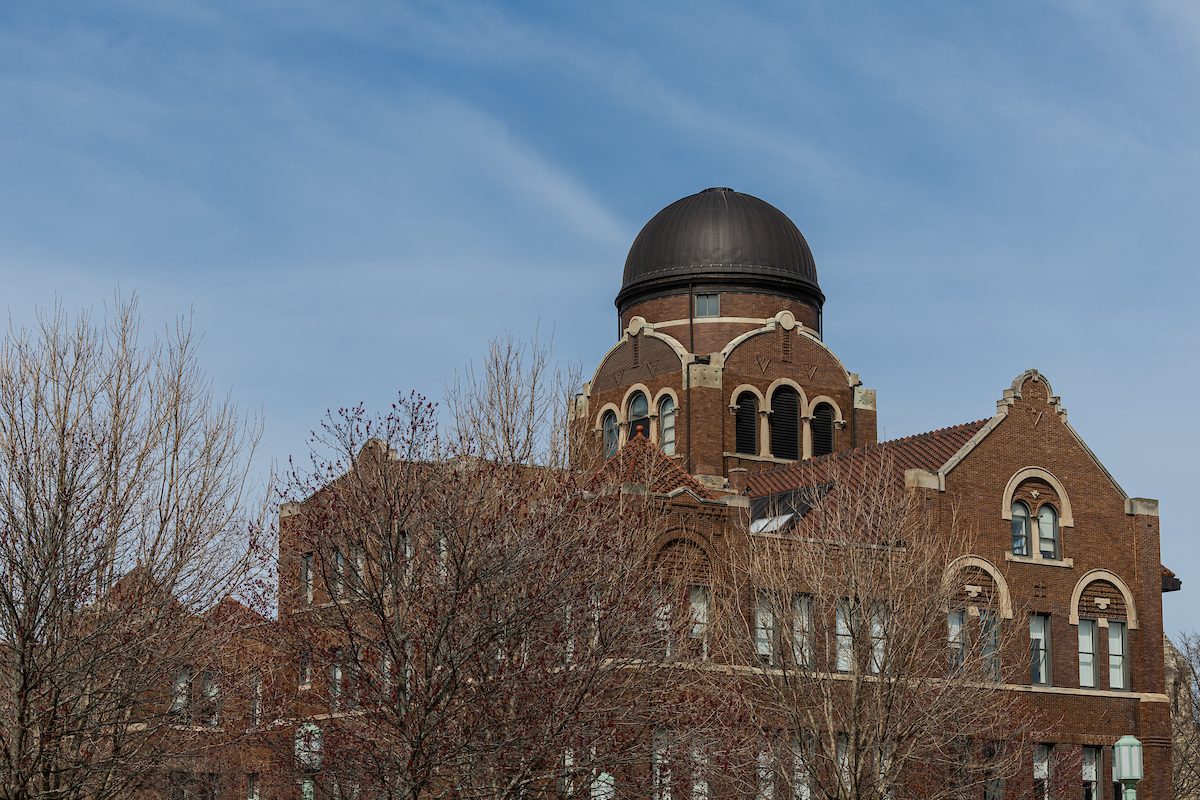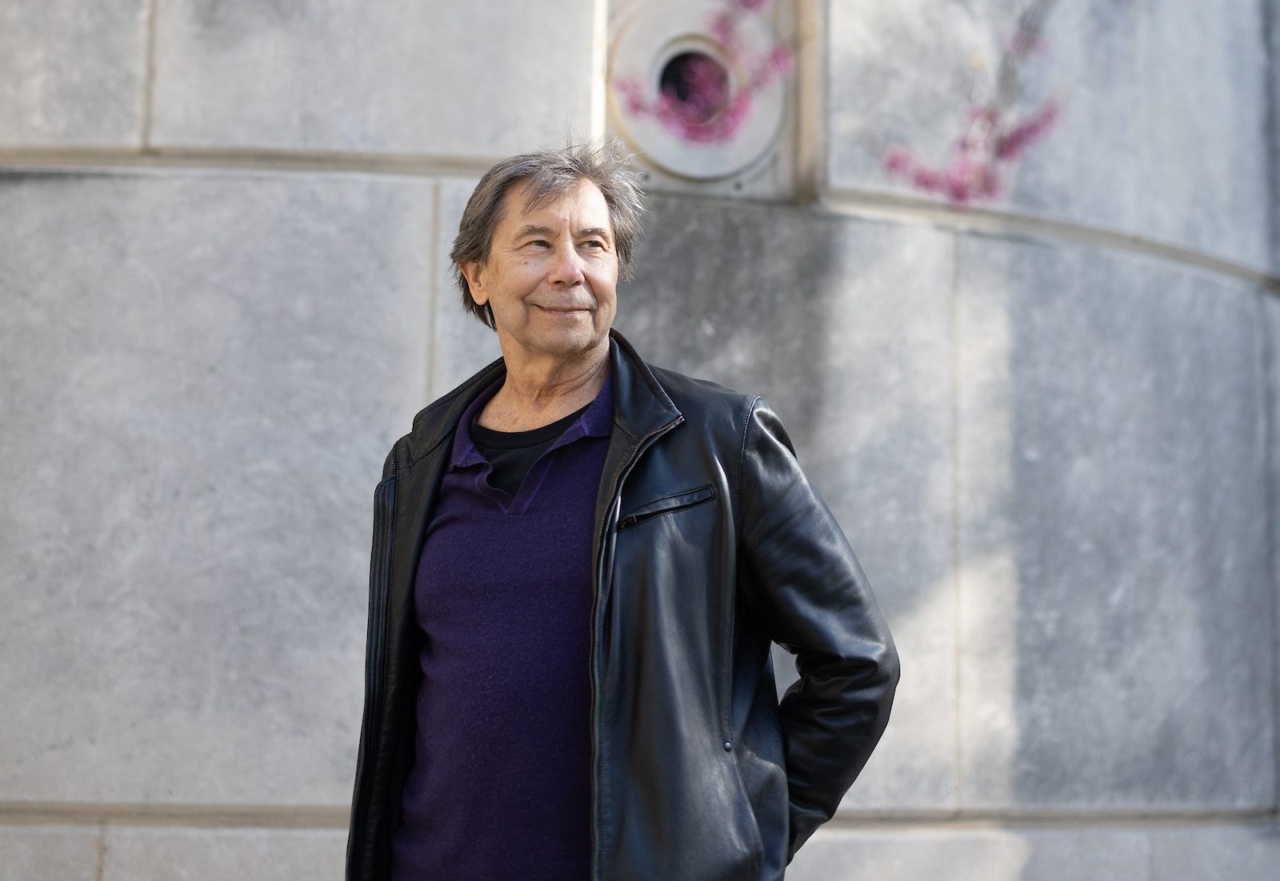Oppenheimer: The Loyola connection to the real-life case

The blockbuster movie Oppenheimer reignited interest in the development of the atomic bomb under the direction of J. Robert Oppenheimer during World War II. Now a long-dormant link between the physicist and Loyola University Chicago has been discovered.
The connection lies with Ward V. Evans, former professor, chair, and adviser of what is now the Department of Chemistry and Biochemistry at Loyola University Chicago. In 1954, Evans served on the Personal Security Board created by the Atomic Energy Commission (AEC) to determine whether Oppenheimer should continue to receive clearance for highly classified information in the wake of Cold War paranoia and questions about Oppenheimer’s ties to the Communist Party.
Oppenheimer chose to pursue a hearing. After hours of testimony and thousands of pages of evidence, the Personal Security Board ruled two to one to recommend that Oppenheimer’s clearance should be permanently suspended.
The lone dissenter? Evans.
In a bold dissent Evans said that to permanently remove Oppenheimer’s clearance would be a “black mark on the escutcheon of the country.”
Despite Evans’s dissent, the AEC eventually recommended to the Joint Congressional Commission on Atomic Energy that the Personal Security Board’s verdict be accepted. In June of 1954, the commission issued its decision to permanently suspend Oppenheimer’s clearance.
Years after this hearing, the tide turned in the court of public opinion. Upon Evans’s death, a 1957 editorial in the Washington Post heralded him for “his pungent dissent from the majority finding against Dr. Oppenheimer, which stands as a model of clarity and common sense.” Further vindication for Oppenheimer came in 2022, when U.S. Secretary of Energy Jennifer Granholm posthumously vacated the revocation of Oppenheimer’s security clearance, affirming evidence of his love of country and loyalty.


